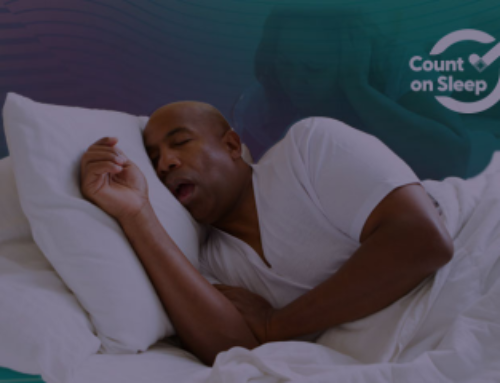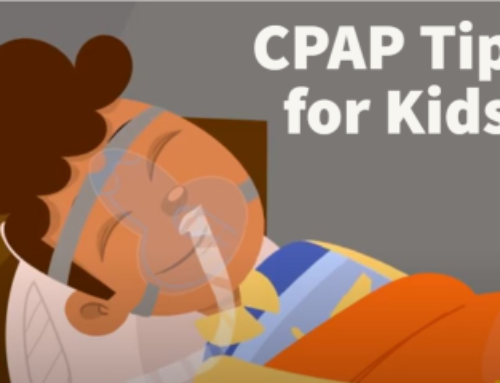Treatment with CPAP therapy may sweeten the swing of golfers who have obstructive sleep apnea.
New research involved avid golfers with moderate to severe sleep apnea. The men had an average age of 55 years.
They were treated with CPAP therapy for up to six months. During that time they played 20 rounds of golf. Then their Handicap Index was recalculated. They were compared with a control group of men who did not have sleep apnea.
Results show that their average handicap dropped 11 percent during the study period. Better golfers saw even greater improvement. Those who started the study with a handicap of 12 or less lowered it by 31.5 percent.
“Improvement in golf performance appeared to be a strong motivator for our treatment group,” said lead author Dr. Marc Benton. He is senior partner at Atlantic Sleep & Pulmonary Associates and medical director of SleepWell Centers of NJ in Madison, N.J.
Sleep apnea occurs when soft tissue in the throat relaxes during sleep, blocking your airway. As a result you stop breathing over and over again.
These breathing pauses disrupt your sleep. Common symptoms of sleep apnea include loud snoring and daytime sleepiness.
Sleep apnea also can have a negative effect on your brain and heart. It increases your risk of heart problems and stroke. Untreated sleep apnea even raises your risk of death.
The most common treatment for sleep apnea is CPAP therapy. CPAP keeps your airway open by providing a steady stream of air through a mask. Effective treatment of sleep apnea reduces health risks and improves daytime alertness.
Golfers with sleep apnea reported that they had more endurance when treated with CPAP. They also noted that they could concentrate more and made better decisions.
“Effectively treating sleep apnea with CPAP therapy can yield numerous physical, cognitive and emotional benefits,” said American Academy of Sleep Medicine President Dr. M. Safwan Badr.
Get help for sleep apnea from a board certified sleep medicine physician at an AASM accredited sleep center near you.





